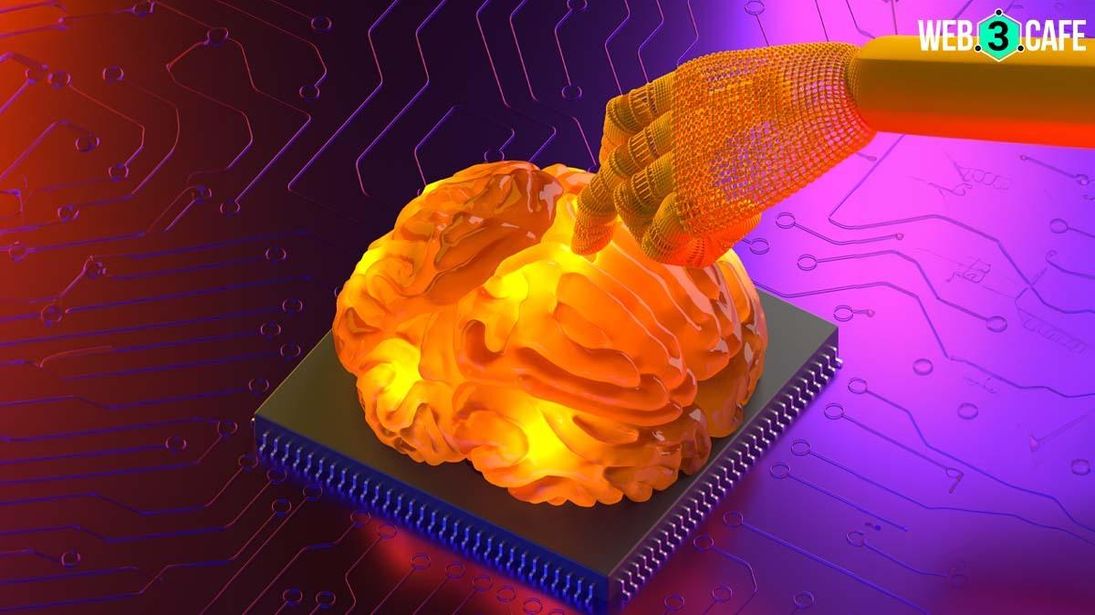Growing human brain on a silicon chip: A new realm of machine learning could be upon us
Monash University and Cortical Labs lead pioneering research, merging AI and biology to create AI with lifelong learning capabilities.
 artificial intelligence
artificial intelligence
Highlights
- The grant is worth approximately AUD 600,000
- Project plans to add 800,000 living brain cells onto silicon chips
- The project is being spearheaded by DishBrain system
A groundbreaking research program, spearheaded by Monash University's Associate Professor Adeel Razi, in collaboration with Melbourne start-up Cortical Labs, has been honoured with a prestigious grant of approximately AUD 600,000 from the National Intelligence and Security Discovery Research Grants Program. According to a recent press release, this transformative project aims to push the boundaries of machine learning by growing human brain cells on silicon chips.
Merging Artificial Intelligence & synthetic biology
The focal point of this pioneering study revolves around the ambitious goal of cultivating around 800,000 living brain cells onto silicon chips. The researchers plan to "teach" these brain cells to perform goal-directed tasks, effectively integrating lab-grown brain cells with silicon chips and creating programmable biological computing platforms. The potential of this cutting-edge technology could eventually surpass the performance of existing silicon-based hardware.
The power of continual lifelong learning
One of the key breakthroughs of this research program lies in its emphasis on "continual lifelong learning," a capability that has so far eluded traditional AI systems. Unlike machines that suffer from "catastrophic forgetting," where new data overwrites previously learned information, the human brain excels at lifelong learning, allowing us to acquire new skills without forgetting old ones and apply our knowledge to new tasks efficiently.
The project's visionary objective is to imbue machine intelligence with this human-like ability, enabling AI systems to learn and adapt throughout their lifetimes. This newfound capability has far-reaching implications for various industries, including self-driving cars, autonomous drones, delivery robots, and intelligent wearable devices.
Unlocking the Secrets of Lifelong Learning
The project is also being undertaken under the supervision of DishBrain system, an innovative laboratory where human brain cells are cultivated. By studying the biological mechanisms underlying lifelong continual learning, the research team seeks to develop more advanced AI machines with remarkable capabilities.
The integration of living brain cells with silicon chips marks a significant milestone in the fusion of artificial intelligence and synthetic biology. This convergence has the potential to revolutionise machine learning and pave the way for a new generation of intelligent devices that can continuously evolve and adapt, conserving computing power, memory, and energy.
Australia's leap into the AI revolution
The impact of this trailblazing research could provide Australia with a strategic advantage across various industries, propelling the country to the forefront of the AI revolution. As the team progresses with the project, the secrets of lifelong learning unlocked through their work hold promise for reshaping the future of machine intelligence.
We will be using this grant to develop better AI machines that replicate the learning capacity of these biological neural networks. This will help us scale up the hardware and methods capacity to the point where they become a viable replacement for in silico computing.
In conclusion, Monash University's Associate Professor Adeel Razi, in collaboration with Cortical Labs, embarks on an extraordinary journey to merge artificial intelligence with synthetic biology.
By growing human brain cells on silicon chips and enabling machines to attain lifelong learning capabilities, this research program holds tremendous potential for advancing the field of machine learning and establishing Australia as a leader in AI innovation. As the project unfolds, the world eagerly awaits the possibilities it will unveil for a smarter and more adaptable future.


COMMENTS 0